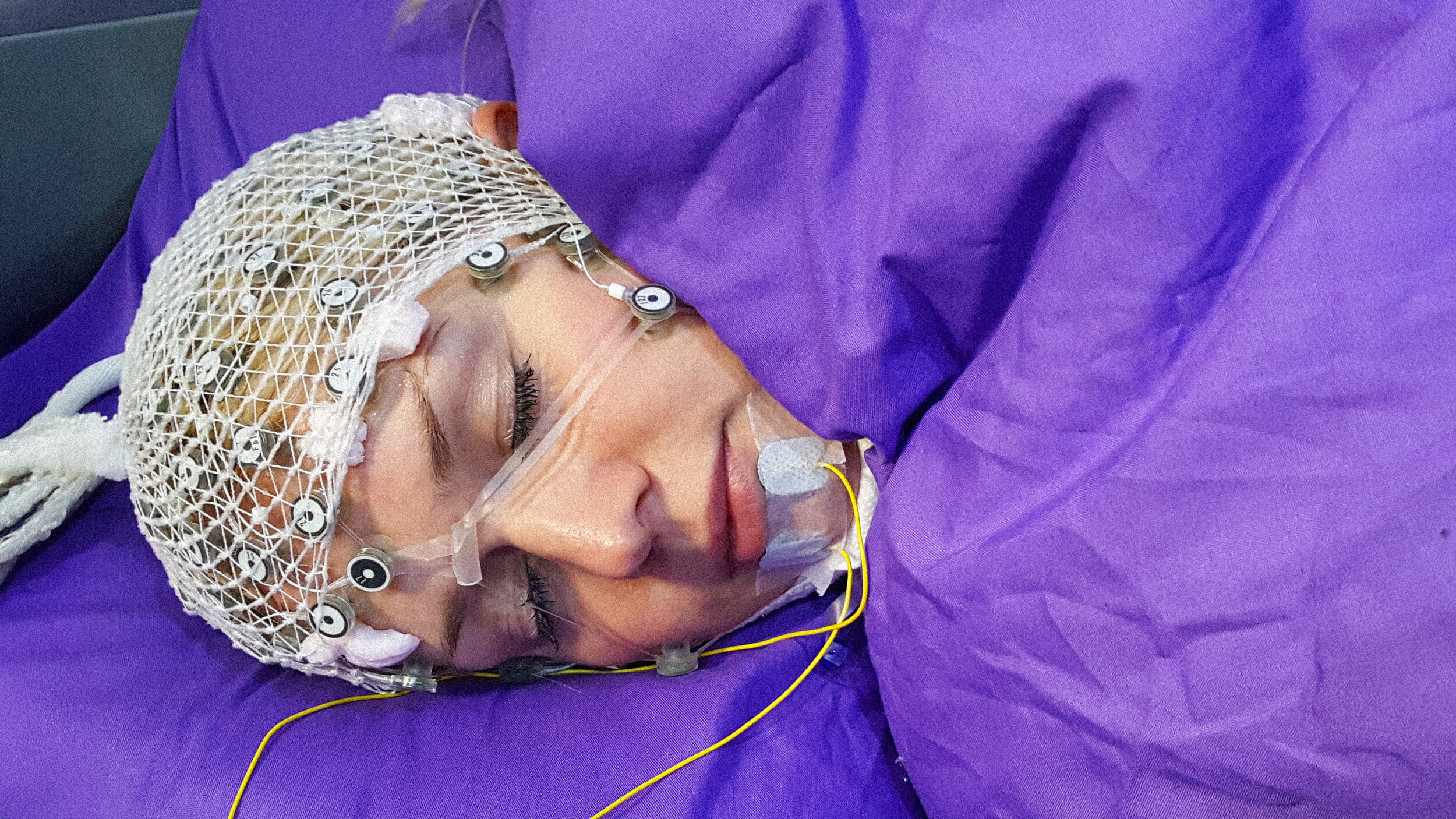Low-level anxiety can actually boost learning, study finds

Anxiety disorders plague 40 million adults in the United States alone, some so severely it can cripple their lives to a point where leaving the house or interacting with people is not possible.
However, a recent study published in the journal Brain Sciences shows something interesting: anxiety in small amounts can actually help in remembering and learning.
Myra Fernandes, coauthor of the study and psychology professor at the University of Waterloo, Canada, summed up what low levels of anxiety can do: “It gives you a heightened sense of awareness and makes you attuned to details you wouldn’t be otherwise. That’s a plus if you’re trying to remember something later.”
She continued, “To some degree, there is an optimal level of anxiety that is going to benefit your memory. But we know from other research that high levels of anxiety can cause people to reach a tipping point, which impacts their memories and performance.”
Basically, 80 volunteers with manageable levels of anxiety were separated into two groups to perform word/letter associations with images—one group underwent more complex testing, associating words with other words that mean the same thing (known as “deep processing”) and the other group associated a single letter with words (“shallow processing”). These words were then associated with either neutral images such as a boat or a house, or negative images, like a car accident scene.
What they found was that in the shallow processing group, memories improved when the image associated with the words had a negative context, which induced slight anxiety.
What’s it mean? Low levels of anxiety improve memory. But if the anxiety level is too high, or it’s accompanied by fear, then the ability to remember is diminished, due to the tainting of that memory with a high anxiety state or with fear.





